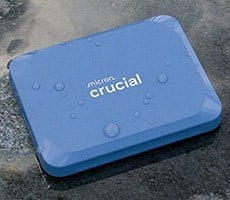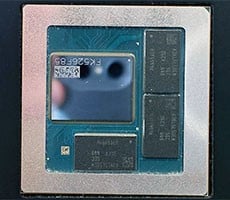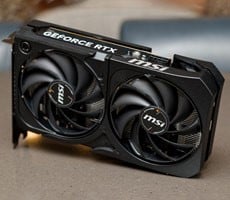Corsair AIO Liquid Cooler Round-Up: Ryzen Overclocking Explored
Temperatures in our AIDA64 testing were lower across the board than with the Intel Burn Test, but maintained the same performance hierarchy. The H110i is hands down the best performer in our quintet, followed by the H150i Pro and H115i Pro. The H60 does bring improvements over the Wraith MAX, especially when overclocked, but it is obviously not as high-end a solution as its beefier siblings. We do not recommend overclocking with the Wraith MAX as aggressively as we have done here, but of course a lot depends on your luck in the silicon lottery.
Our final stability test was 3DMark's Time Spy Stess Test. This test loops through a one minute scene of the regular Time Spy benchmark 20 times and is primarily targeted at GPU validation. Still, on the CPU side it can provide varied workloads which can indicate a CPU cooler's ability to react to a sudden ramp up in load.

3DMark Time Spy brings us very counter-intuitive results - the overclocked temperatures are lower than stock in all cases except for the Wraith MAX. We think this may be due to the way overclocking works in Ryzen. As it stands, when an overclocking profile is applied, the clock frequency becomes fixed to the target speed instead of stepping down with decreased workloads. This causes the coolers to remain ramped up as well which minimizes sudden temperature spikes. The Wraith MAX cooler, however, doesn't really ramp up until the temperature gets above about 70C so it does not react to the workload spikes as the liquid coolers do.
Now, thermals are great to know, but does this bring us any tangible performance benefits in traditional benchmarks? Let's find out...







